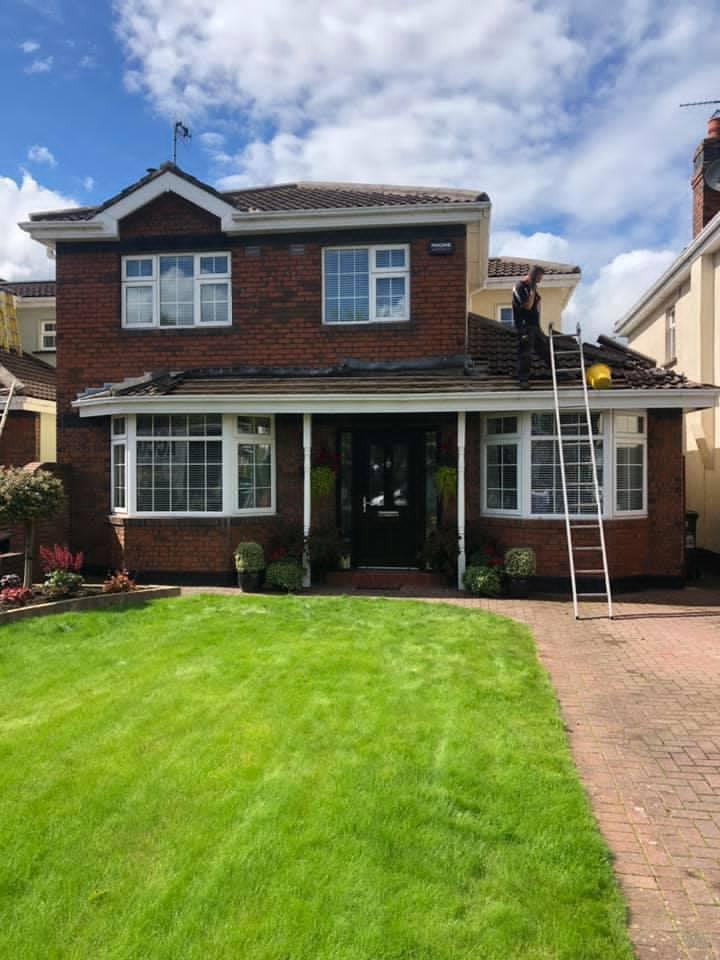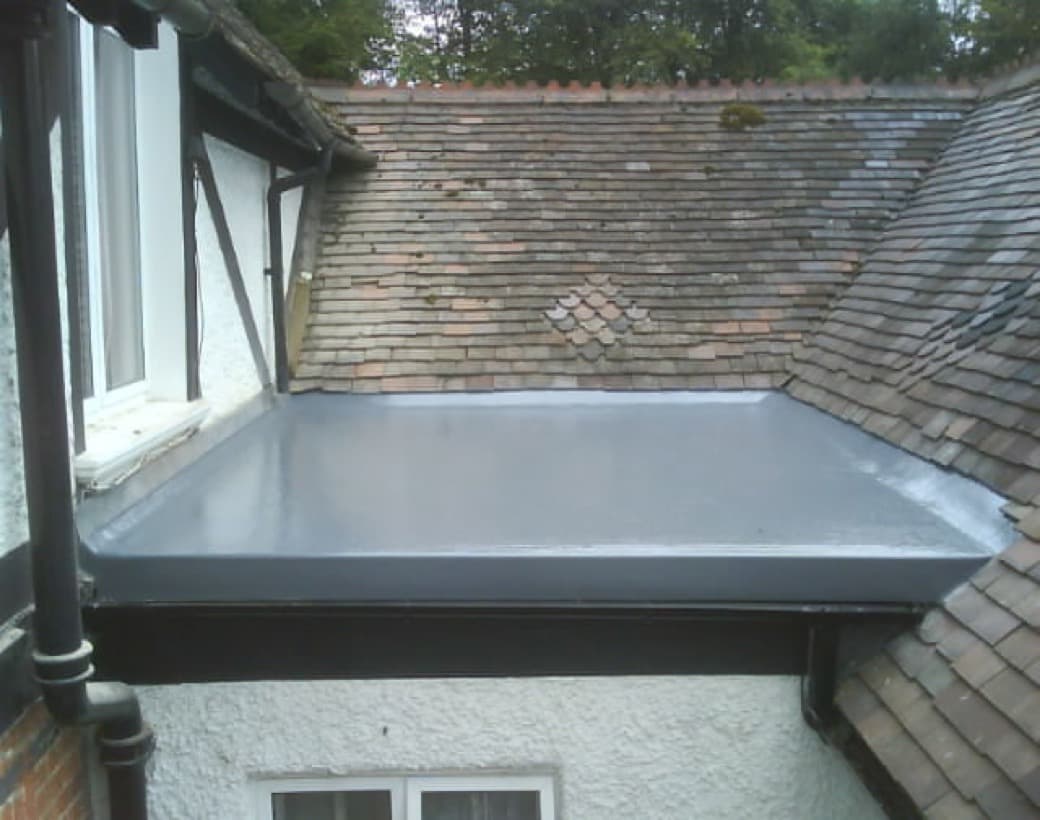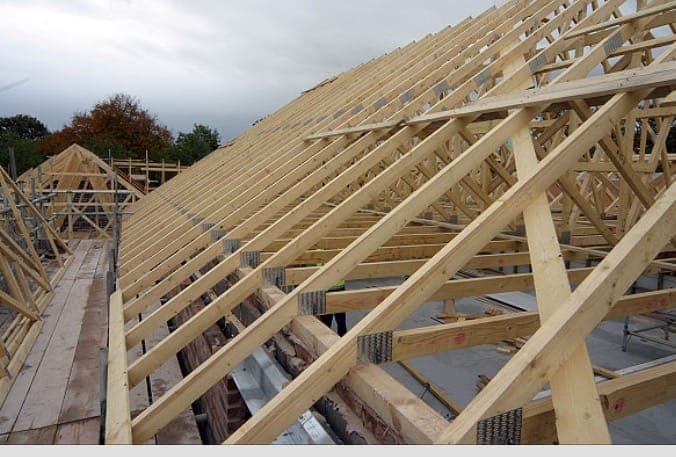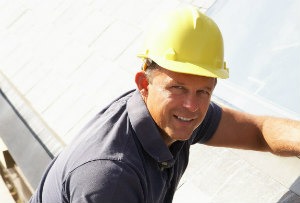
Roofing Installation, & Maintenance Experts.
Welcome to an in-depth exploration of the residential roofing landscape in Dublin, This article delves into the industry’s commitment to quality, craftsmanship, and customer satisfaction, focusing on diverse service offerings, noteworthy providers, and trending solutions.
Tailored to an audience seeking mastery, we will also explore how weather, regulations, and sustainability shape roofing choices. Join us as we navigate through this dynamic sector, providing insights on maintaining your home’s first line of defence against the elements.
Key Takeaways
- Factors contributing to quality in residential roofing in Dublin, include the use of high-quality materials, installation by certified professionals, regular maintenance and inspections, increased durability and lifespan, and enhanced safety and comfort for residents.
- Different types of residential roofs in Dublin include gable roofs, hip roofs, and flat roofs. Gable roofs are known for their triangular shape and effective rainwater shedding, hip roofs provide stability in high wind and snowy areas, and flat roofs offer additional living space but require more maintenance.
- When choosing the right material for a residential roof in Dublin, factors to consider include durability, cost, aesthetics, and local climate conditions. Options such as slate, asphalt shingles, and metal roofing each have their own advantages and considerations.
- Weather conditions, such as frequent rains, low temperatures in winter, and high humidity levels, play a significant role in roofing choices in Dublin. Materials that are waterproof, durable, and resistant to algae and moss growth are ideal for the maritime climate.
Roofing Materials, & Components
Ensuring the highest standards of quality in residential roofing is paramount in Dublin, as it directly influences not only the longevity and performance of the roof but also the safety and comfort of the home’s inhabitants. The prime quality indicators for residential roofing include the use of premium materials, meticulous installation process, and proactive maintenance. By adhering to these standards, Dublin’s roofing industry has been able to provide robust, weather-resistant and long-lasting roofing solutions that cater to the unique architectural style and climate conditions of the region.
- Product Specs:
- Use of high-quality materials like slate, tile or metal
- Installation by certified and experienced professionals
- Regular maintenance and inspections to identify potential issues
- Pros:
- Increased durability and lifespan of the roof
- Enhanced safety and comfort for the residents
- Preservation of the unique architectural style of Dublin homes
- Cons:
- Higher upfront costs for premium materials and professional installation
- Regular maintenance may be viewed as inconvenient by some homeowners
- Limited variety of materials that meet the high-quality standards.

Roof Types
As we delve into the varied landscape of residential roofing, it’s important for you to understand the different types of roofs that are commonly used in Dublin, . The city’s unique climate and architectural style have given rise to a diverse range of roofing options.
One commonly used type is the gable roof, known for its triangular shape. It’s popular for its simple design, ease of installation, and effective shedding of rainwater. However, they can be vulnerable in high wind areas.
Hip roofs, with slopes on all four sides, are another frequently seen type. They provide more stability than gable roofs and are excellent for both high wind and snowy areas. Their construction is more complex, leading to higher costs.
Flat roofs, while not technically flat, are a common sight in Dublin, especially in modern constructions. They offer additional living space, such as a rooftop patio. While their low cost is appealing, they require more maintenance to prevent leaks.
How to Choose the Right Materials and costs.
While considering the most suitable roofing material for your home, it is essential to evaluate factors such as durability, cost, aesthetics, and the local climate conditions in Dublin.
Durability is paramount, as the material should withstand diverse weather conditions, including Dublin's frequent rainfall. Slate, for example, offers considerable longevity, though it comes at a higher cost. Asphalt shingles, on the other hand, are a less expensive alternative with decent durability.
Cost is another significant factor. It is crucial to balance upfront costs with the lifespan of the material. Metal roofing, while costly initially, lasts longer and requires less maintenance compared to cheaper options.
Aesthetics should not be overlooked. The roof contributes substantially to your home’s overall appearance. Choose a material that complements your property’s architectural style and enhances its curb appeal.
Lastly, consider the local climate conditions. Dublin experiences mild but damp conditions, with rainfall prevalent throughout the year. Therefore, a material resistant to water damage, like slate or tiles, would be a wise choice.
Making the right choice involves a careful evaluation of these factors, ensuring your roof will serve its purpose effectively while adding value to your home.
The Role of Weather Conditions in Roofing Choices
In Dublin, the impact of weather on residential roofing choices is an essential factor for homeowners to consider. The city’s maritime climate presents unique challenges that influence the selection of roofing material and design.
Dublin experiences moderate temperatures, high humidity, and frequent rains. Therefore, roofing materials must be waterproof, durable, and capable of withstanding these conditions. Slates and tiles are popular choices due to their water-resistant properties and longevity. Furthermore, their heavy weight ensures stability during strong winds, a common occurrence in coastal Dublin.
In winter, Dublin’s weather can be harsh with occasional snowfall. It is crucial to choose roofing that can withstand these low temperatures without cracking or becoming brittle. Materials such as metal roofing or specially treated tiles are ideal as they maintain their structural integrity despite the cold.
Lastly, the city’s high humidity levels can lead to the growth of algae and moss on roofs. Therefore, materials with built-in algae resistance, such as certain asphalt shingles, are a wise choice.
Energy Efficiency: A Crucial Factor in Residential Roofing
Equally important to the durability and weather resistance of residential roofing in Dublin, and often overlooked, is the energy efficiency, a factor that can significantly impact both the environmental footprint and the utility costs for homeowners.
An energy-efficient roof not only conserves energy but also reduces greenhouse gas emissions, contributing to a healthier environment. It also provides homeowners with significant savings in heating and cooling costs.
In fact, the following attributes of an energy-efficient roof can make a considerable difference:
- Insulation: Proper insulation can keep homes warm in winter and cool in summer, reducing the need for artificial heating and cooling.
- Reflectivity: Reflective roofs can deflect sunlight, decreasing the temperature of the roof and the overall heat gain of the house.
- Ventilation: Good ventilation prevents heat build-up, helping to maintain a comfortable indoor temperature.
- Material: Roofing materials play a crucial role in energy efficiency. Light-colored materials tend to reflect more sunlight, while dark materials absorb heat.
- Maintenance: Regular maintenance can enhance the energy efficiency of roofs by ensuring optimal performance.

The Process of Residential Roof Installation in Dublin
Every residential roof installation in Dublin, involves several critical steps and numerous materials, ensuring both the longevity of the roof and the safety of the home.
To begin, the old roof is removed and the decking inspected for damage. If any issues are found, such as rot or sagging, they are promptly corrected.
Next, a water shield is applied to the decking to provide an additional layer of protection against moisture. Over this, professionals install a layer of roofing felt to further protect the home from the elements.
The next step involves installing the shingles, the primary protective layer of the roof. Shingles are typically made of asphalt, but can also be made from slate, tile, or metal, depending on the homeowner’s preferences and the home’s architectural style.
Once the shingles are in place, roofers install flashings around any roof penetrations like chimneys or vents to prevent water leakage.
The final step is the installation of the ridge vent, which allows for proper attic ventilation, preventing moisture buildup and maintaining the home’s energy efficiency.
This systematic approach guarantees a durable and secure roof, tailored to Dublin’s unique climatic conditions.
Maintenance Tips for Your Residential Roof
Regularly inspect your roof for any signs of damage, and promptly address any roofing repair issues to prolong its lifespan and maintain its effectiveness. This proactive approach to regular roof maintenance not only aids in the longevity of your residential roof but also prevents expensive repairs in the future.
Roof maintenance is a meticulous task that requires detailed attention. By mastering these essential tips, you can ensure the optimal performance of your roof:
Routine Inspection: Regularly check your roof for signs of damage such as broken or missing shingles, and moss or algae growth.
Clean Gutters: Ensure your gutters are free from debris to prevent water buildup and potential roof damage.
Trim Overhanging Branches: Trim any branches that hang over your roof to prevent leaves from accumulating and causing moisture damage.
Check Flashing: Regularly inspect the flashing around chimneys, vents, and other roof protrusions which are common areas for leaks.
Hire Professionals: Engage professional roofers for periodic inspections and maintenance, as they have the expertise to identify and rectify potential issues early.
Caring for your residential roof demands diligence and expertise. By following these maintenance tips, you can protect your investment and ensure a sturdy roof over your head for years to come.
Dealing With Roof Damages: Repair and Replacement Options
When roof damage occurs, homeowners in Dublin, have several repair and replacement options to consider, each with its own advantages and implications. Roofing damages can range from minor leaks to extensive structural damage that necessitates a full roof replacement. The best approach depends on the extent of the damage, the type and age of the roof, and the homeowner’s budget.
Minor damages such as small leaks or missing shingles can often be addressed through repair services. However, older roofs or those with widespread damage may require a full replacement. There are a variety of roofing materials available, each with their own benefits. Traditional tiles are highly durable and weather-resistant, while lighter materials such as metal or composite shingles offer easier installation and lower costs.
Choosing the right roofing contractor is also critical. Reputable professionals will provide detailed quotes, use quality materials, and ensure proper installation to avoid future issues. Homeowners should consider contractors with local experience, as they will be familiar with Dublin’s weather conditions and building codes.
Ultimately, dealing with roof damage involves careful consideration of all these factors to ensure the longevity and functionality of the roof.
Navigating Residential Roofing Regulations in Dublin
In the realm of residential roofing in Dublin, it is crucial to understand and navigate the specific regulations and standards set forth by local authorities. This process can be complex but necessary for successful project completion. These standards ensure safety, durability, and environmental responsibility and can vary depending on the scale and nature of the project.
Here are key aspects to consider:
- Complying with Part L of the Building Regulations related to Conservation of Fuel and Energy
- Understanding the implications of the Planning and Development Regulations
- Adhering to the standards outlined in the Technical Guidance Documents
- Navigating the Building Control Amendment Regulations
- Ensuring the use of certified materials as per Irish Agrément Board
These regulations serve as a roadmap to high-quality roofing solutions. Non-compliance could lead to severe penalties, including fines and project delays. Therefore, it’s beneficial to partner with professional roofing services that are experienced in adhering to these standards. They not only provide the expertise but also the assurance of a job well done, ensuring your residential roofing project in Dublin meets all legal and quality benchmarks.

Hiring a Professional Roofer
How should you select a professional roofing contractor in Dublin, ensuring they meet all the necessary criteria for a high-quality, compliant residential roofing project? It is paramount to select a contractor who is experienced, knowledgeable and prioritizes safety and quality.
A comprehensive approach to this selection process involves considering the contractor’s qualifications, reputation, and commitment to customer satisfaction. Below is a comparative table to guide your decision:
| Qualification | Reputation | Customer Satisfaction |
|---|---|---|
| Registered with the appropriate regulatory bodies | Positive customer reviews and testimonials | Prompt response to enquiries |
| Years of experience in residential roofing | Minimal complaints filed against them | Willingness to address any concerns |
| Provides warranties on their work | Recognised by industry awards | Offers after-service support |
| Adequate insurance coverage | Consistent delivery of high-quality work | Provides clear and detailed contracts |
| Ongoing professional training | Established presence in Dublin | Competitive pricing |
A roofing contractor who meets these standards assures a high-quality, compliant residential roofing project. Your roof is a significant investment, thus it’s crucial to entrust it to a professional who upholds these high standards.
Frequently Asked Questions
What Are Some Unique Industry Standards for Residential Roofing in Dublin?"
Unique industry standards for residential roofing involve adherence to stringent building regulations, use of quality materials, professional workmanship, and compliance with safety and environmental guidelines specific to the Dublin region.
Are There Specific Local Points of Interest in Dublin That Could Affect My Residential Roofing Options?"
Yes, local points of interest can impact roofing options. Dublin’s historical sites and strict building codes may limit material choices, ensuring the city’s architectural integrity is preserved while also adhering to safety standards.
How Does the Energy Efficiency of Residential Roofing Materials Compare Statistically in Dublin?"
In terms of energy efficiency, various residential roofing materials differ significantly. Statistically, materials like metal and slate are more energy efficient due to their reflective properties and durability, reducing overall home energy costs.
What Are Some Common Brands of Residential Roofing Materials Preferred by Professional Contractors in Dublin?"
In professional construction circles, common preferred brands for roofing materials often include GAF, CertainTeed, Owens Corning, and IKO, noted for their durability, variety, and energy efficiency characteristics.
What Are the Implications of Different Weather Conditions on the Longevity of Various Residential Roofing Materials in Dublin?"
Different weather conditions significantly impact the longevity of roofing materials. Extreme temperatures, heavy rainfall, and high winds can cause wear and tear. Therefore, choosing weather-resistant materials is crucial for durability and long-term performance.
Conclusion
In conclusion, residential roofing in Dublin, reflects a union of quality, innovation, and customer-centric solutions.
The choice of roofing types, materials, and maintenance practices are influenced by factors such as weather conditions, energy efficiency, and regulatory standards.
Engaging a professional roofing contractor ensures adherence to these parameters.
This industry’s continued growth and evolution reiterate its pivotal role in safeguarding homes against the elements while enhancing aesthetic appeal and environmental sustainability.
